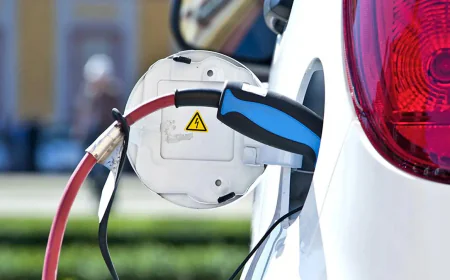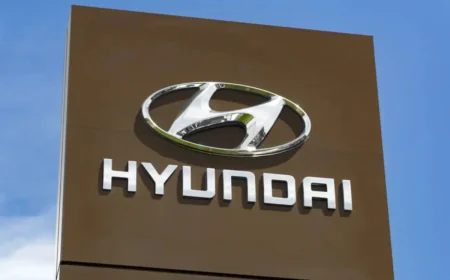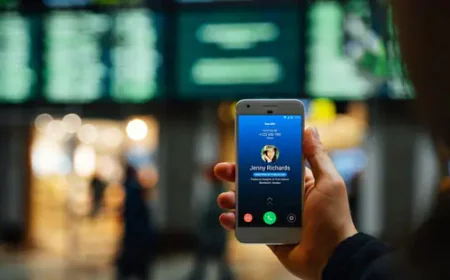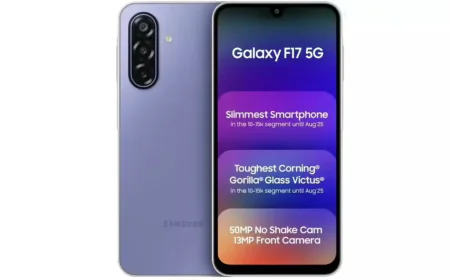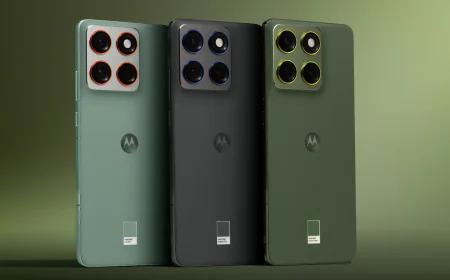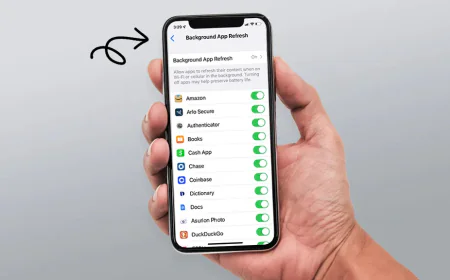CEOs of companies like Nvidia-OpenAI use AI in different ways that can surprise you
Artificial Intelligence i.e. AI is being used in many industries nowadays. Common people have also started using AI in good ways. Different companies around the world are also developing their AI models. Meanwhile, you will be surprised to know how top AI executives use artificial intelligence. Let us know who uses it and how.
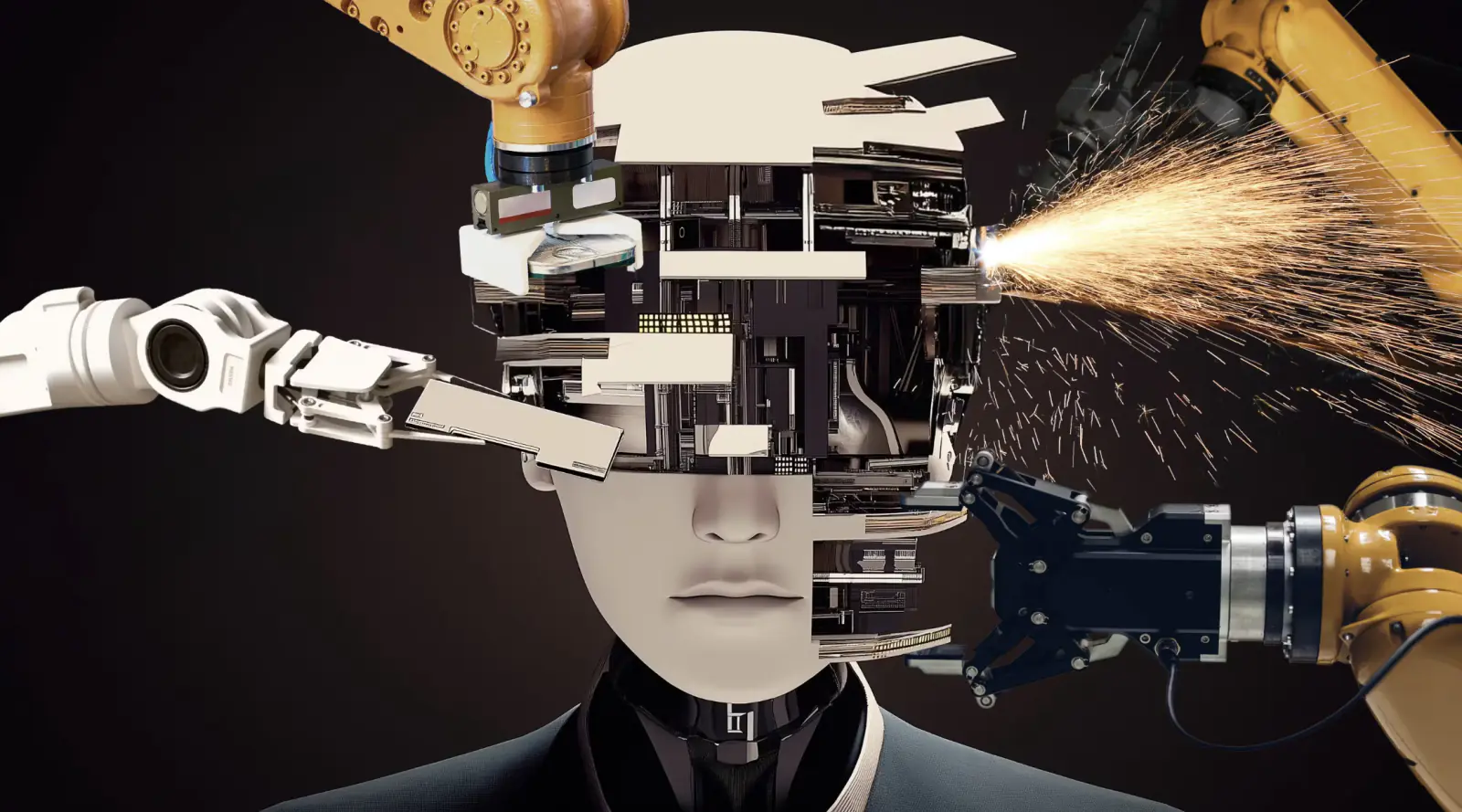
You might think that top AI executives must be using artificial intelligence in very heavy ways, but it doesn't need to be so. For example, if we talk about OpenAI CEO Sam Altman, relies on AI for everyday tasks like summarizing emails and documents.
Altman said on Wharton psychologist Adam Grant's Rethinking podcast last month that 'I use AI in boring ways,'. 'I use it to say things like, 'Help me process this whole email' or 'Help me summarize this document.''
Altman is not an exception. Nvidia chief executive officer Jensen Huang uses AI chatbots to compose written content, he told an event by Wired last December. Microsoft chief executive officer Satya Nadella also makes use of Outlook AI capabilities to organize and prioritize his inbox, he told the Fast Company Innovation Festival 2024.
Despite leading the AI industry, these CEOs' personal AI use reflects that of many other professionals. In Gallup's survey last year, the three most common AI chatbot areas of use are idea generation, information aggregation, and automating repetitive work.
Want to get your story featured as above? click here!
Want to get your story featured as above? click here!
Altman admits that the impact of AI across industries is still developing. In a January blog post, he described AI "agents" as the next big step: models that would be able to handle multi-step tasks with minimal user input.
OpenAI took a step in this direction with Operator, a ChatGPT feature launched last month that can automate tasks like vacation planning, filling out forms, making reservations, and ordering groceries. Other tech giants, including Google, Meta, Microsoft, Amazon, and Anthropic, are also developing similar AI-powered agents, CNBC Make It reported.
"Imagine that these agents will eventually be able to do most of the things that a software engineer with a few years of experience at a top company can do," Altman wrote. However, he noted that these agents won't be flawless—they'll need human supervision, will struggle with some tasks, and won't be a source of groundbreaking new ideas.
For now, AI adoption in workplaces is relatively low. A January report from McKinsey & Company found that only about 13% of US employees currently use AI at work. But as AI agents become more capable, these figures may change.














